Perspectives that help us move visionary leaders from idea to impact.

The Transformation Agenda
ACTIVATING EMOTION TO DRIVE BUSINESS.
At Emotive Brand, we don’t treat transformation like a branding exercise. We treat it like a business imperative—a full-body recalibration of what a company believes, how it behaves, and where it’s headed.
AI, Tech & B2B
The Enterprise Growth Problem Nobody Blames on Brand
Brand Transformation
The Propulsive Power of Belief SystemsChoose to go to the Moon
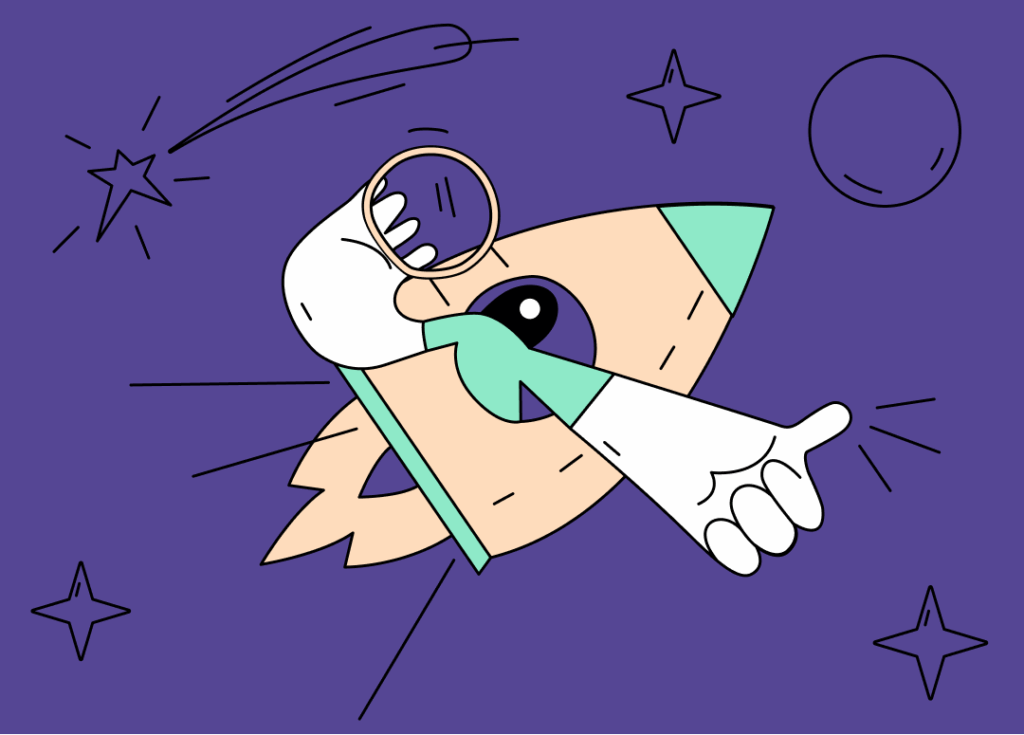
Leadership

Where Belief Begins
Emotional Acceleration
A Lesson in Emotional AccelerationFrom Empathy to Energy

Emotional Acceleration

The Emotion Recession
Emotional Acceleration
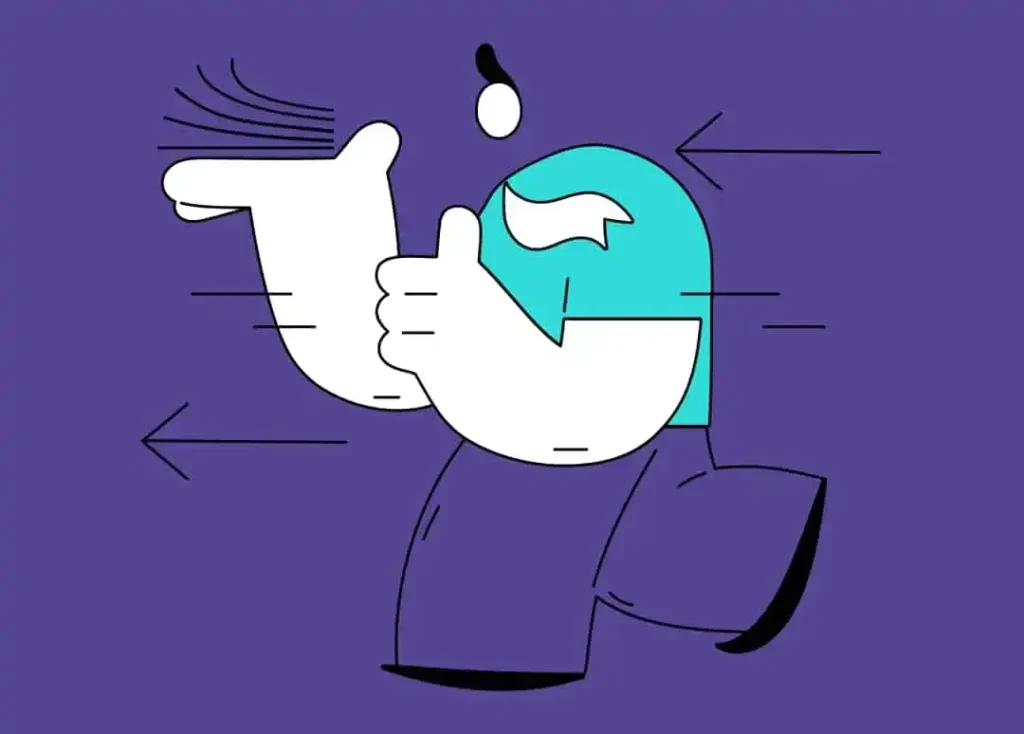
Belief, the Fastest Way Forward
AI, Tech & B2B
Stop Confusing Your Spec Sheet with Your Soul
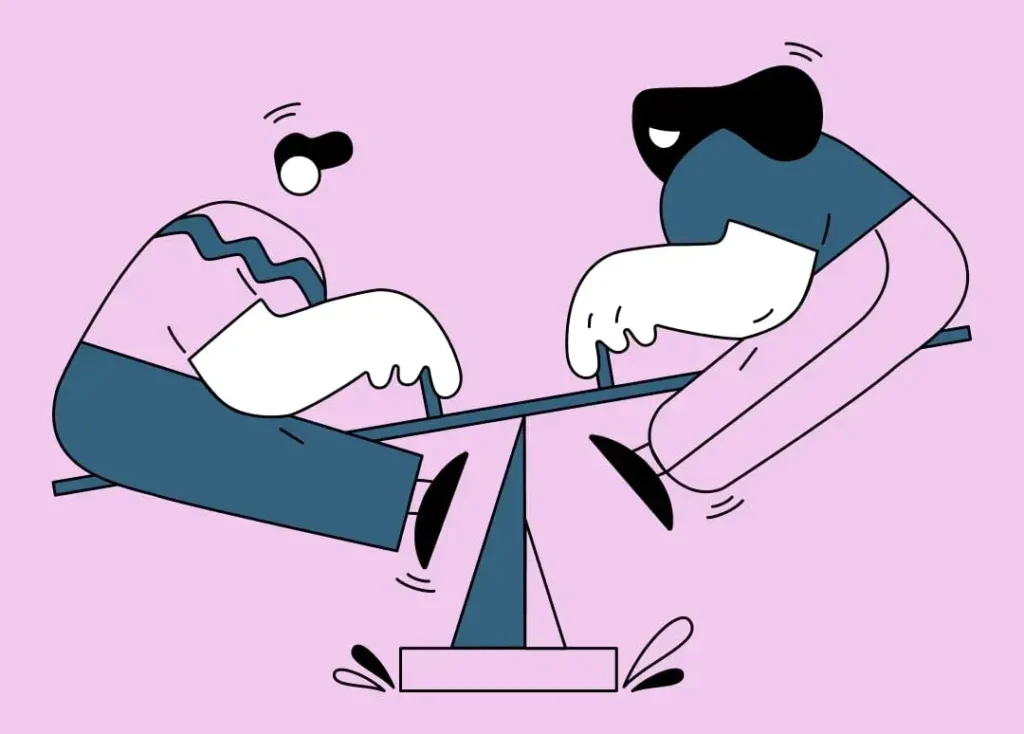
Growth & Impact
Brands That Move People Will Own the Market in 2025
AI, Tech & B2B
To AI Builders & Brand Leaders Vibe Code Is the Real Moat

Leadership
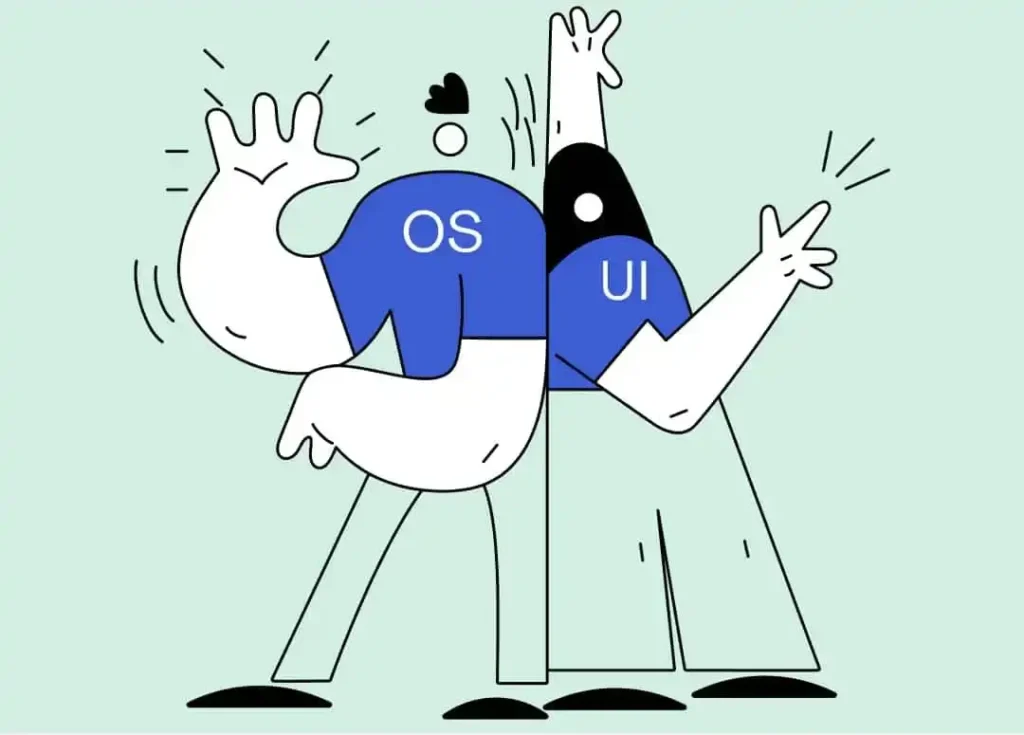
Culture Is The OS. Brand Is The UI.
Emotional Acceleration
Where Emotion is the Strategy for Change
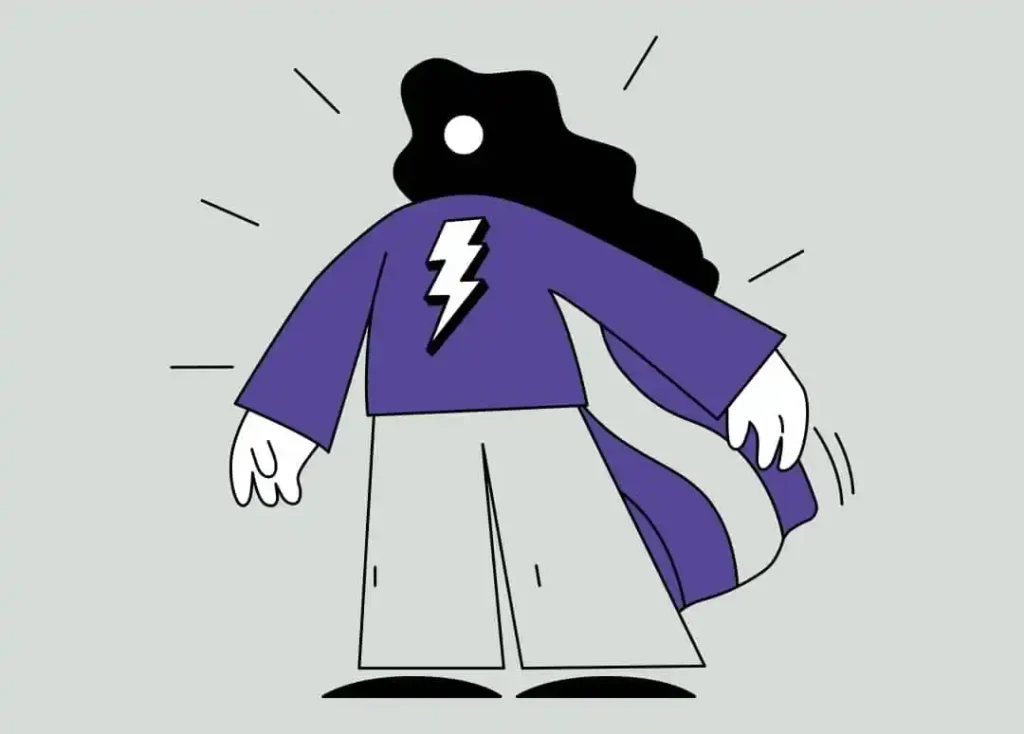
White Paper
The Transformation Agenda for Visionary Leaders: From Ambition to Impact
Download
Load More
